Rubio to the rescue: US secy. of state tries to sugarcoat Trump’s Gaza ‘ownership’ remarks
The United States secretary of state has tried to alleviate the far-and-wide negative repercussions of President Donald Trump’s recent announcement of a so-called plan for “ownership” of the Gaza Strip.
Speaking during a press conference in Guatemala on Wednesday, Marco Rubio defended Trump’s scheme as nothing more than a “generous” and “temporary” effort to clear debris and rebuild a war-torn territory.
The top diplomat said the plan was designed to facilitate reconstruction, not to serve as a pretext for permanent displacement of Palestinians.
Speaking at the White House on Tuesday alongside visiting Israeli prime minister Benjamin Netanyahu, Trump had said the United States would oversee clearing up of destroyed buildings, removing of unexploded ordnance, and “resettling” of Palestinians elsewhere as part of the scheme.
"The US will take over the Gaza Strip, and we will do a job with it too. We’ll own it," he had noted, saying that Washington could even deploy troops to the territory.
The comments were ensued by widespread international condemnation of any attempt to reshape Gaza without genuine participation of its residents.
While Rubio said Trump’s intentions “were not meant as hostile,” many observers have come to view the proposal as another manifestation of the US’s expansionist policies and strategies that have long disrupted the lives and rights of Palestinians and many other nations across the globe.
Trump’s announcement came after the Israeli regime failed to realize its objective of forcing Gaza’s entire population to leave for neighboring Egypt.
According to Rubio, Trump’s scheme would see US crews “step in to clear the debris, clean the place up from all the destruction that’s on the ground, and remove unexploded munitions.”
During the planned cleaning-up phase, he said, Palestinians “will not be able to live there,” only to return once rebuilding efforts, supporting “homes, businesses and other critical infrastructure,” are completed.
Critics have, however, argued that the so-called temporary measure was emblematic of a longstanding pattern of imposing foreign control over Palestinian lands under the guise of humanitarian reconstruction.
Opponents also assert that the scheme’s language, emphasizing an “offer to rebuild and to be in charge of the rebuilding,” hints at a covert strategy to undermine Palestinian self-determination and facilitate a prolonged occupation.
VIDEO | Vienna holds conference dubbed 'Iranian-Islamic Civilization, Identity and Historical Splendor'
VIDEO | Press TV's news headlines
Journalist Tucker Carlson says he was detained in occupied territories after interview with US amb.
VIDEO | Is there any hope for Russia-Germany relations?
VIDEO | Israeli land grab policies
Nuclear chief: Israeli infiltration, sabotage drove Iran towards nuclear self-sufficiency
IRGC intel. chief: Enemies devised 7-stage plot for recent riots
Israeli minister calls to 'encourage' Palestinian exodus


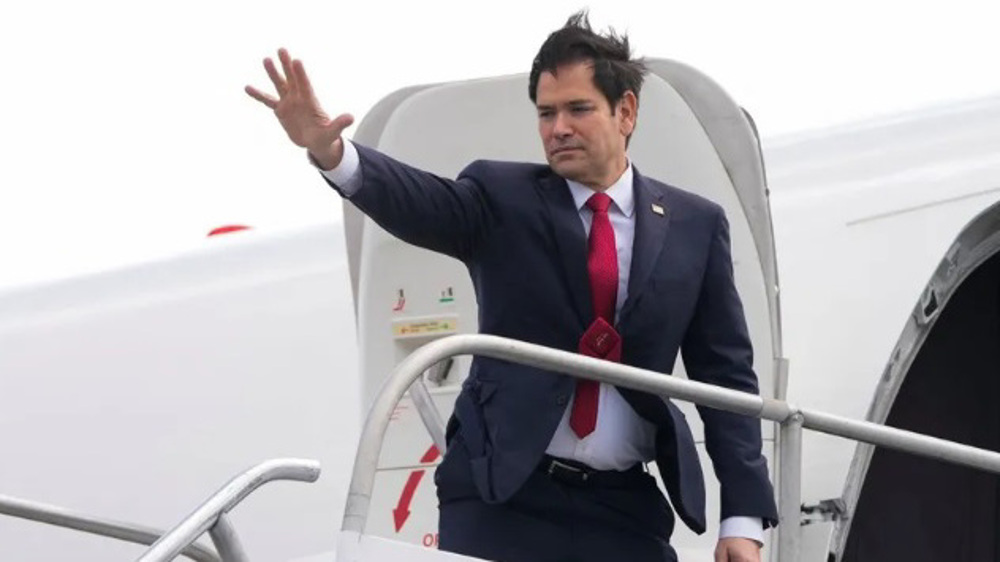
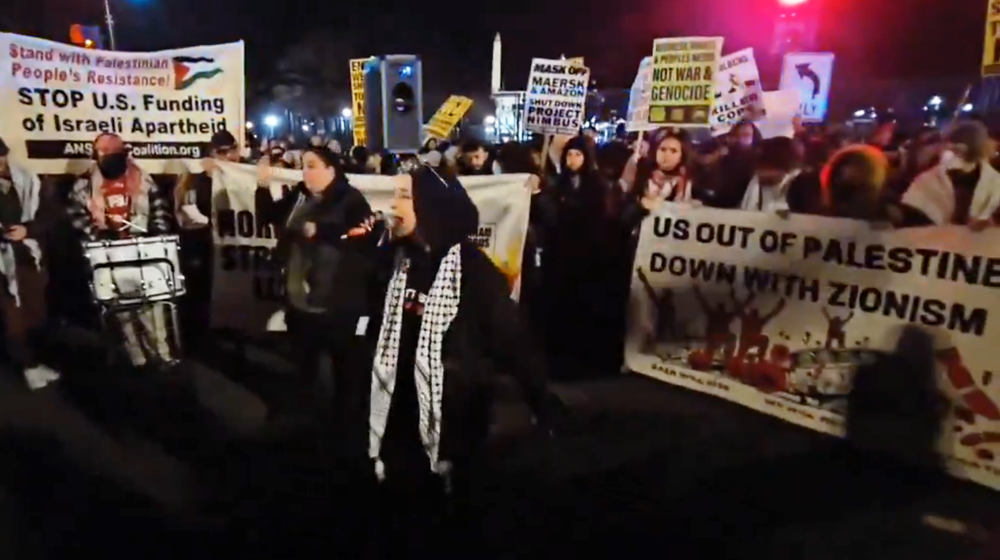
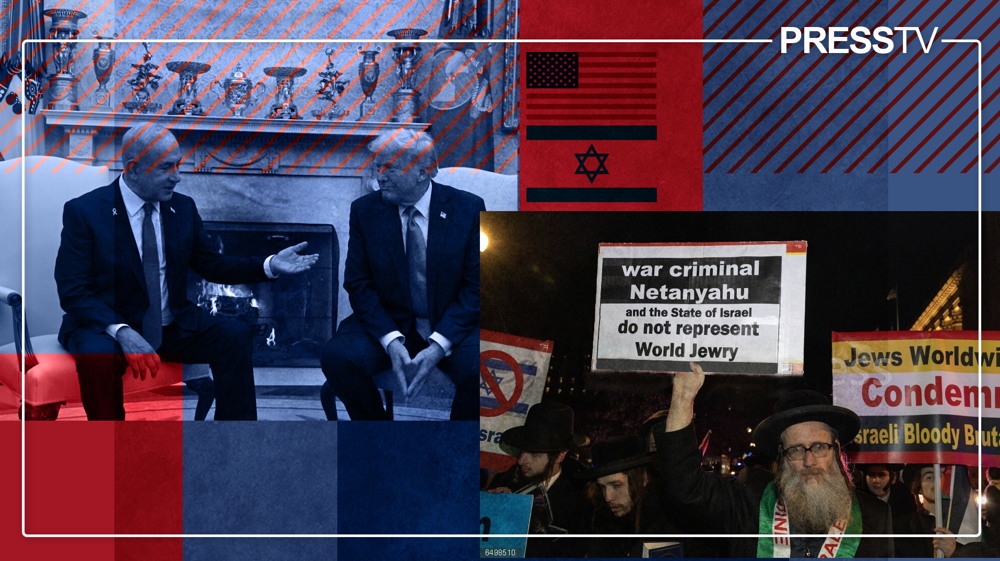
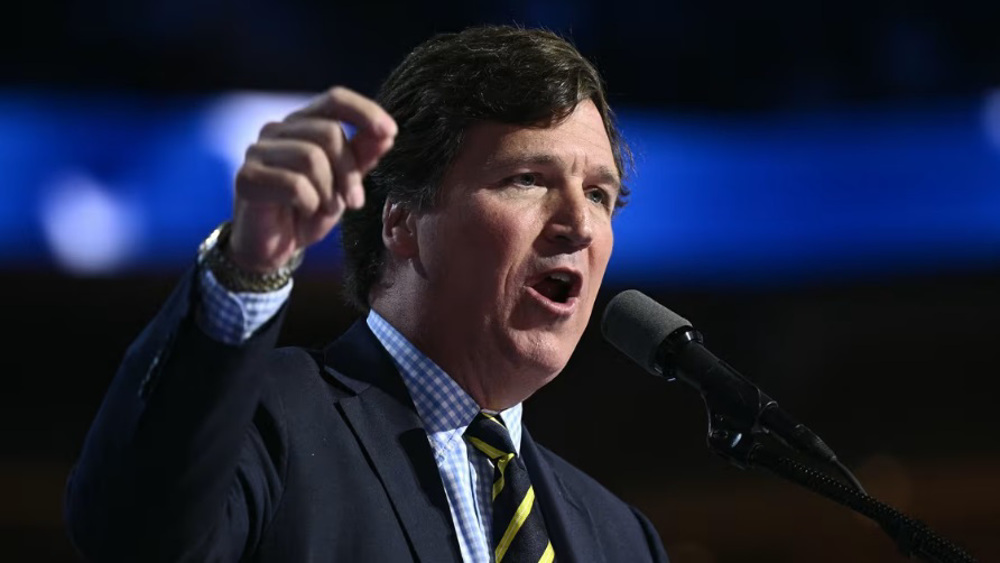
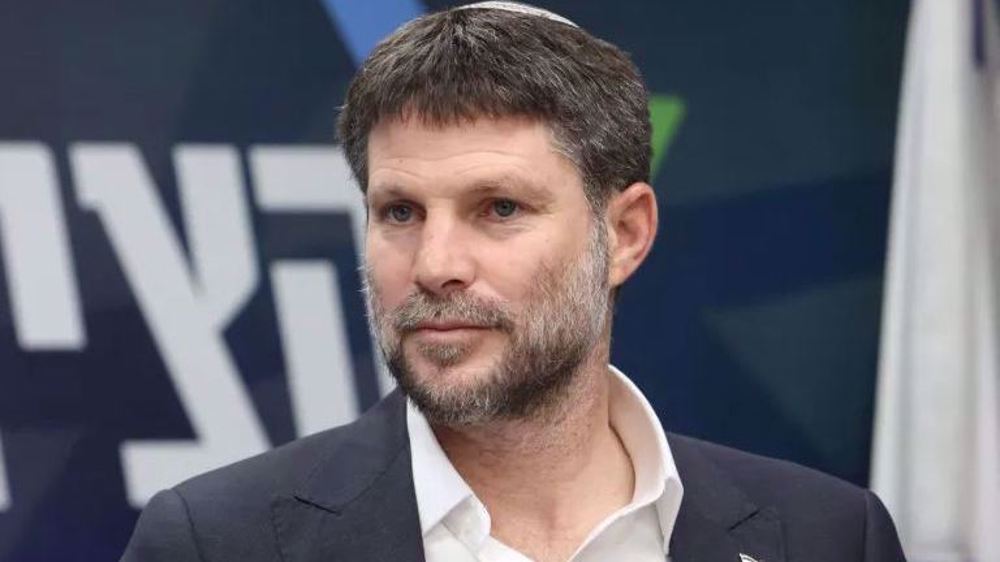
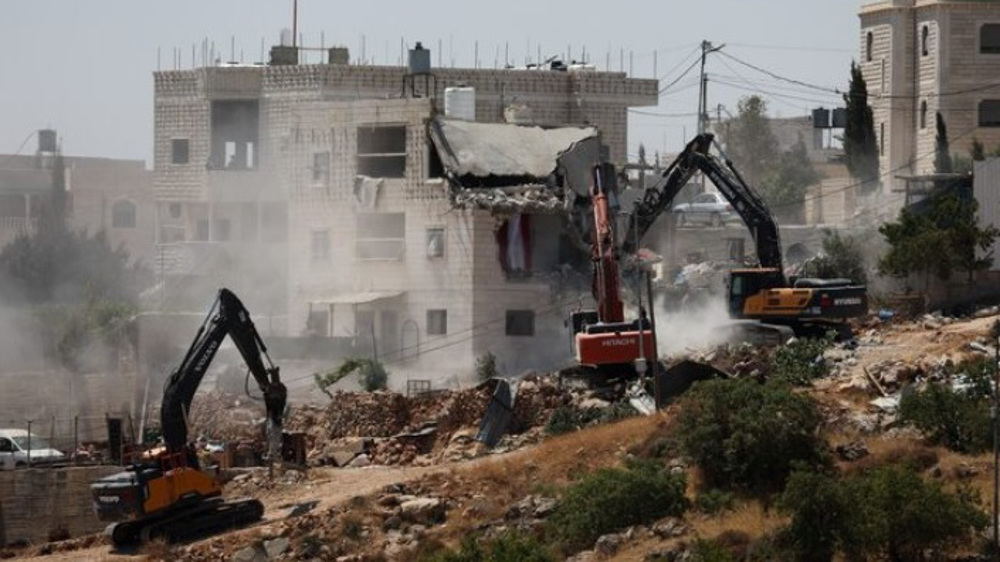



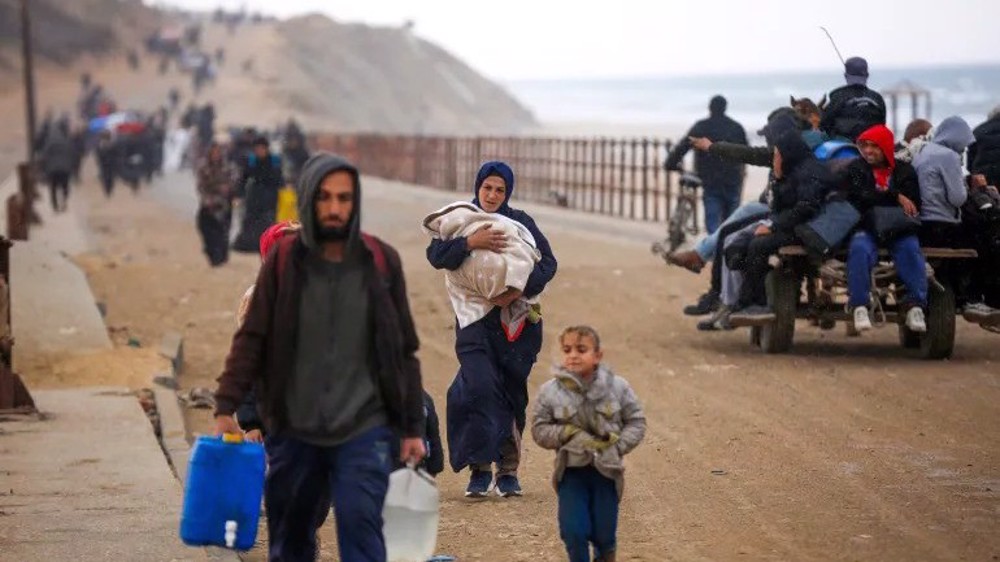
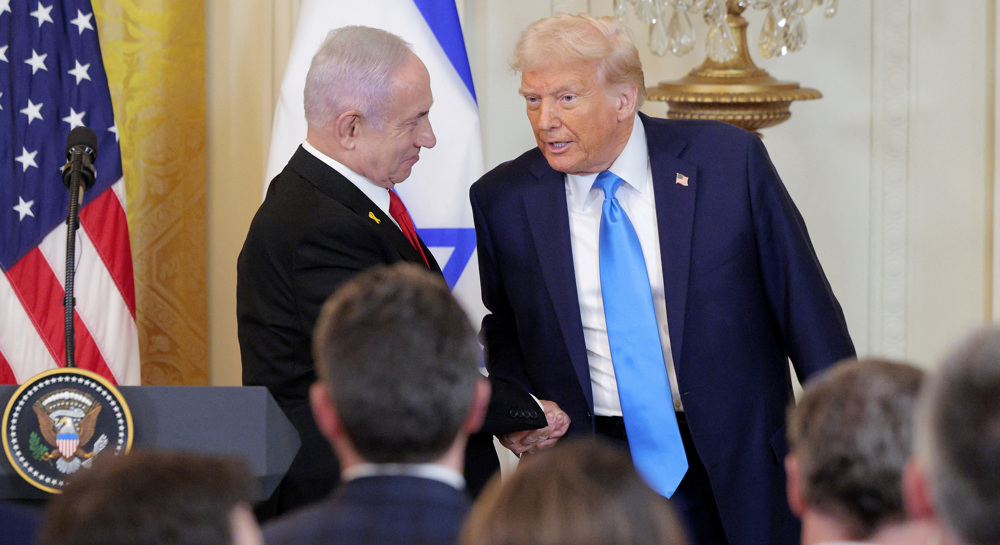
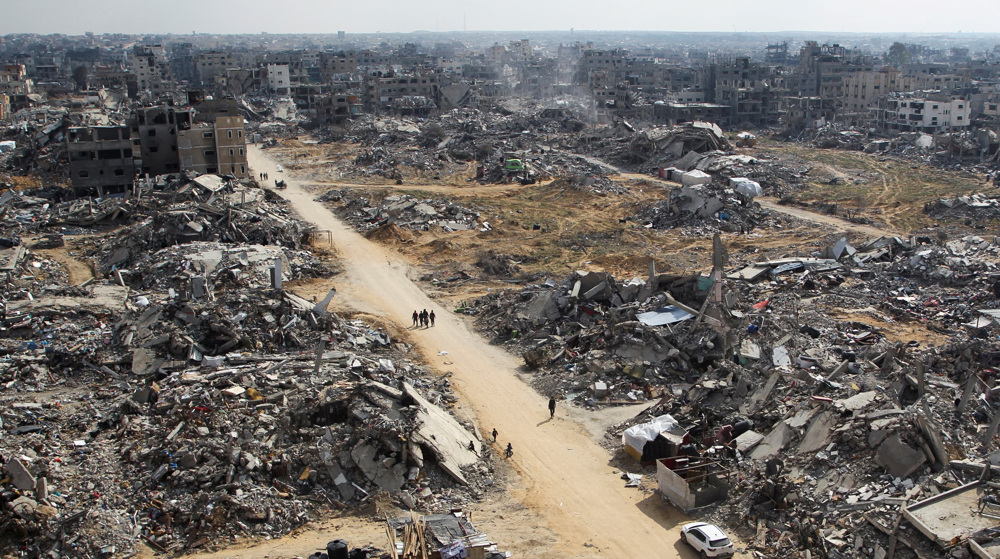

 This makes it easy to access the Press TV website
This makes it easy to access the Press TV website